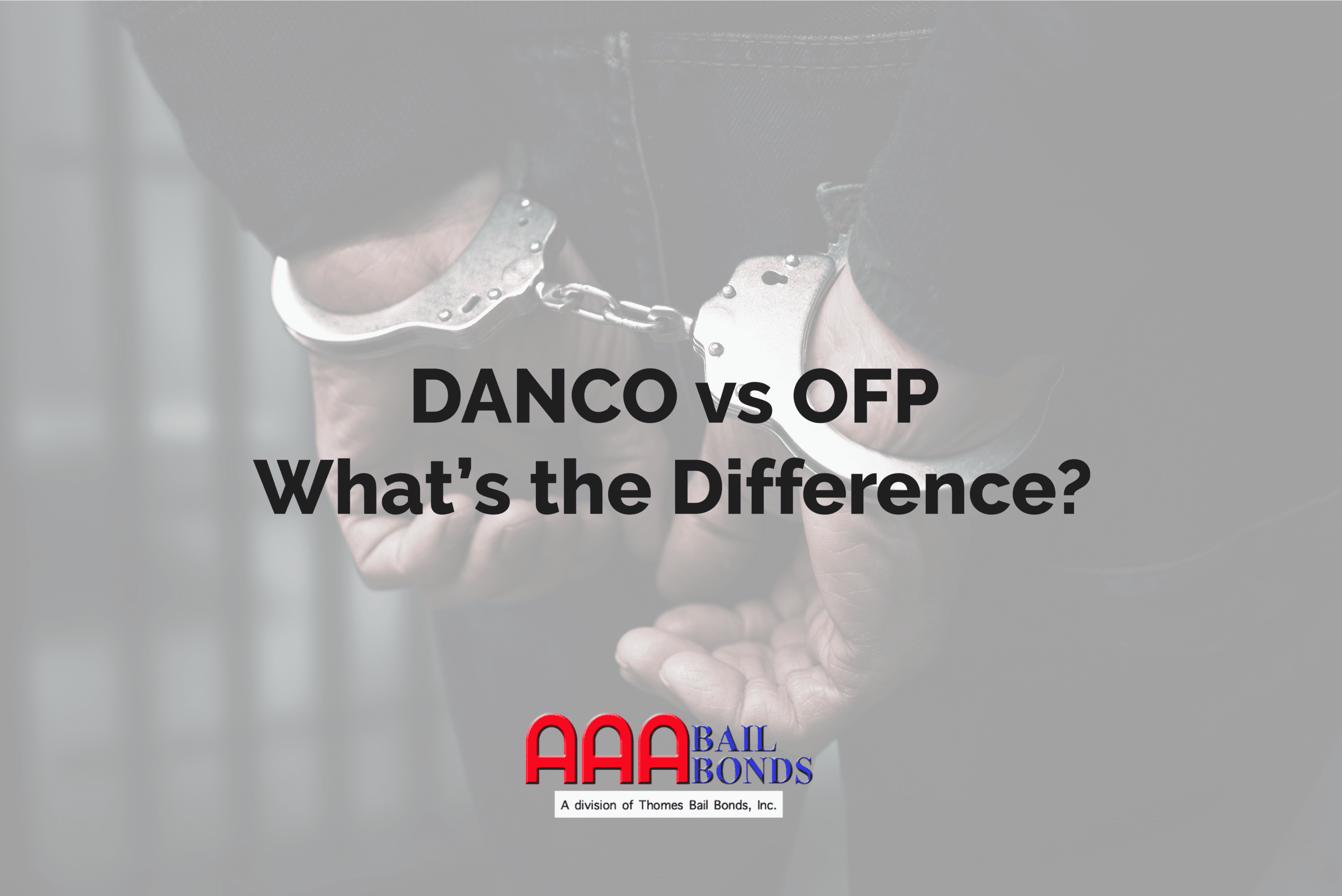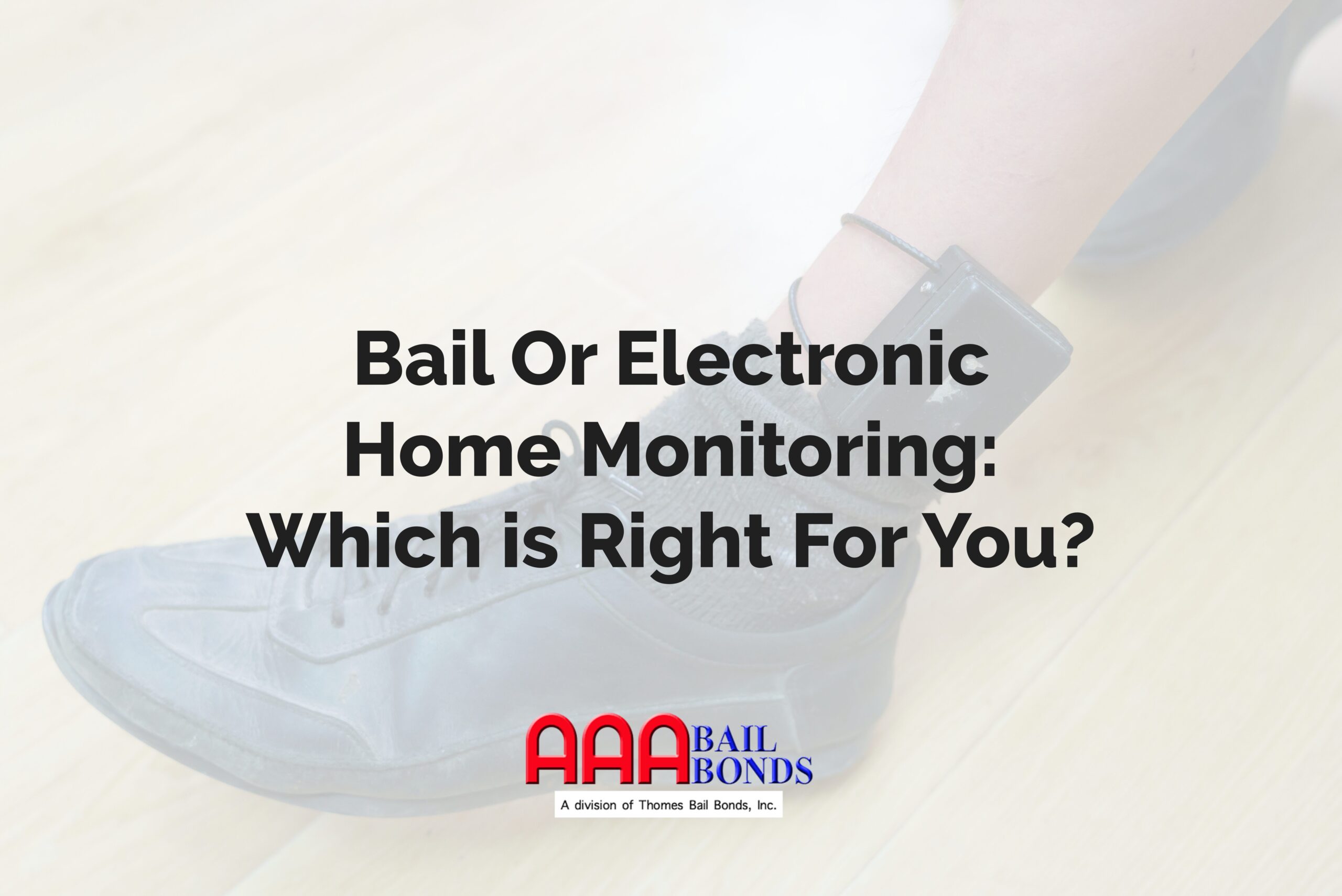When someone is arrested in Minnesota, the Court sets a bail amount to ensure the defendant appears at all scheduled court dates. Defendants have two primary options for posting bail: cash bail or a bail bond. While both aim to secure release, they differ significantly in cost, support, and accountability. This guide explains these differences and why bail bonds (AKA Surety Bonds) are often the better choice.
Cash Bail
Cash bail requires the defendant or someone on their behalf to pay the full bail amount directly to the Court. While this option seems straightforward, it has significant drawbacks:
- Court Access to Funds & Ownership of Funds: Once posted, the cash becomes the defendant’s property, regardless of who is providing the payment for the cash bail. If the defendant is convicted, the Court often uses the cash to cover fines, fees, and/or restitution before refunding any remaining amount to the defendant. This applies even if a third party originally paid bail.
- Loss of Financial Leverage: With cash in hand, Courts will often apply fees and fines against the cash bail placed with the county; eliminating an argument for lessor fees or fines, and further burdening the defendant.
- No Support System: Defendants who post cash bail are left to navigate the Court system alone. If they face issues like missed court dates, misunderstandings, changed court dates, or technical problems (e.g., a missing Zoom link), they can only contact the court administrator, who is often restricted by Minnesota privacy laws. These administrators typically cannot provide specific case information, including case numbers, leaving defendants to handle complex situations on their own, without access to any of the information that would be necessary to navigate the criminal justice system pretrial.
- High Upfront Cost: The full amount must be paid immediately, tying up significant funds that could otherwise be used for legal fees, family expenses, or other necessities.
- Loss Of Representation: If a defendant was appointed a public defender, and they fail to appear for a hearing, the Court will often release the public defender, leaving the defendant without representation and no guidance to resolve the complicated situation a failure to appear creates.
Bail Bonds
A bail bond, or surety bond, is a more accessible alternative provided by a licensed bail bond agent. Here’s how it works:
- Guarantee of Appearance: The bail bond company guarantees the defendant’s physical appearance at every court date. If the defendant fails to appear, the company must pay the full bail amount to the Court.
- Non-Refundable Premium: The defendant or a family member/friend pays a non-refundable premium—10% of the bail amount in Minnesota (or a minimum fee, such as $150) to the bail bond company. This is significantly more affordable than cash bail.
- Knowledgeable Staff: Bail bond agents are experts in navigating the legal system. They help defendants avoid costly mistakes, such as missed court dates or misunderstandings about court requirements.
- Holistic Support: Many bail bond companies provide resources for defendants dealing with addiction or mental health issues. This support helps defendants address underlying challenges, reducing the likelihood of reoffending or violating the terms of their release.
- Accountability: Bail bond companies, like AAA Bail Bonds, actively work with defendants to ensure compliance with Court obligations. If the defendant misses a court date, agents can:
- Resolve Issues: Help the defendant clear warrants, reschedule court dates, and address misunderstandings.
- Locate and Return the Defendant: If necessary, the company will apprehend the defendant and return them to Court.
Important Note: Bail bonds guarantee the defendant’s appearance in Court but do not ensure compliance with conditions of release, such as attending treatment programs, random testing, or remaining law abiding. Responsibility for meeting these conditions remains solely on the defendant.
Why Cash Bail Falls Short
While cash bail may seem like a convenient solution, it often creates unnecessary challenges:
- No Guidance or Support:
- Defendants must manage Court obligations without help.
- If they miss a court date, resolving the issue can be complex, especially when court administrators are unable to provide case-specific assistance.
- Automatic Application of Funds:
- Courts can apply cash bail to fines and fees without the defendant’s input, leaving little to no refund.
- Family members or friends who post bail lose control over how the money is used, as any remaining funds are returned only to the defendant.
- Financial Strain:
- Cash bail requires a large upfront payment, which can deplete savings and create financial hardship.
- When then cash bail is posted, the cash paid to the Court becomes the property of the defendant. The Court can apply all fines, fees, and penalties against the cash held, and will return the remaining amount (if any) to the defendant only, regardless of who paid the cash bail.
Why Bail Bonds Are a Better Option
Bail bonds offer significant advantages over cash bail, making them a more practical and supportive choice:
- Affordable and Accessible:
- Instead of paying the full bail amount, families pay only a small premium, preserving financial resources for other needs.
- Guidance and Support:
- Bail bond agents provide reminders for court dates and assist with resolving missed appearances, misunderstandings, or technical issues.
- Companies like AAA Bail Bonds are dedicated to helping clients navigate the pretrial process, ensuring compliance and reducing stress.
- Faster Release:
- Experienced agents expedite the release process, leveraging their knowledge of Court procedures.
- Accountability Through Cosigners:
- A cosigner guarantees the financial obligation of the bond. If the defendant fails to appear, the cosigner is responsible for costs incurred by the bail bond company.
- Preservation of Defendant Rights:
- Unlike cash bail, bail bonds do not allow Courts to preemptively apply funds to fines or fees, enabling defendants to contest penalties when appropriate.
Key Takeaways
- Cash Bail Risks:
- Ties up significant funds and offers no support or guidance.
- Courts can use the money for fines and fees, limiting the defendant’s ability to contest penalties.
- Judges may set cash bail thinking they are giving a benefit to the defendant, when cash bail limits resources and complicates an already high stress and often confusing system.
- Cash becomes the property of the defendant, not the person who paid the bail.
- Bail Bond Benefits:
- Ensures the defendant’s appearance without requiring large upfront payments.
- Provides expert guidance and accountability, helping defendants successfully navigate the legal system.
Conclusion
While cash bail may seem simple, its lack of support and financial drawbacks often make it a less effective option. Bail bonds, on the other hand, provide financial relief, personalized assistance, and a robust support system to help defendants meet their legal obligations with minimal stress. Choosing a reputable company like AAA Bail Bonds ensures a smooth pretrial experience and peace of mind for families.
If you or a loved one is facing a bail decision, AAA Bail Bonds is here to help 24/7. Our experienced agents will guide you through the process, secure a quick release, and provide the tools needed for pretrial success. Trust AAA Bail Bonds to be your partner in navigating the legal system.



